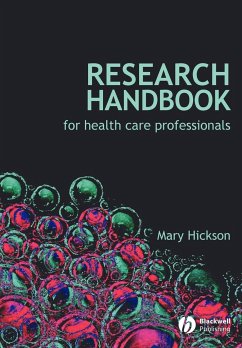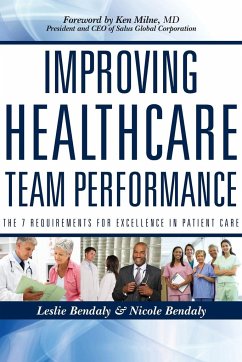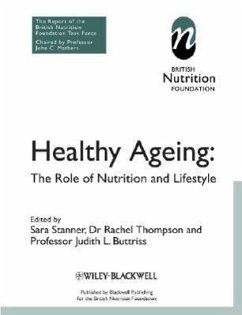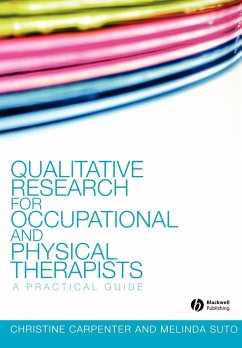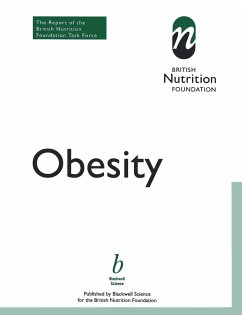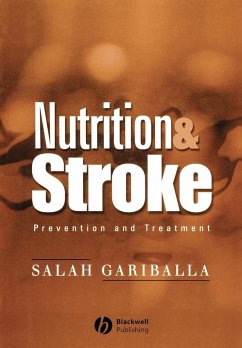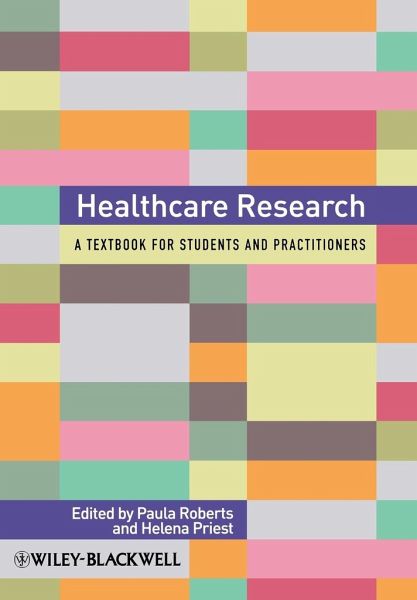
Healthcare Research

PAYBACK Punkte
33 °P sammeln!
Research is an integral component of any undergraduate healthcare course, and is also vital for continuing professional development (CPD). This book is an invaluable guide for students and practitioners who need to acquire a wide range of relevant skills, and it will equip them not only to assess the quality of published studies and apply findings to clinical practice, but also to undertake research themselves. Paula Roberts and Helena Priest provide detailed explanations of the main concepts and methods used in critical appraisal of published research, and guide the reader in integrating thes...
Research is an integral component of any undergraduate healthcare course, and is also vital for continuing professional development (CPD). This book is an invaluable guide for students and practitioners who need to acquire a wide range of relevant skills, and it will equip them not only to assess the quality of published studies and apply findings to clinical practice, but also to undertake research themselves. Paula Roberts and Helena Priest provide detailed explanations of the main concepts and methods used in critical appraisal of published research, and guide the reader in integrating these quality indicators into their own studies to ensure rigour in planning, design, and implementation. Drawing on both quantitative and qualitative approaches, the authors write with an emphasis on the development of sound research skills through case-based illustrative examples and scenarios, with helpful summaries and practical exercises throughout. They also give advice on writing abstracts, presenting papers at conferences, and liaising with publishers. Ultimately, this text will enable readers to have full confidence in understanding, undertaking, and disseminating empirical research.





